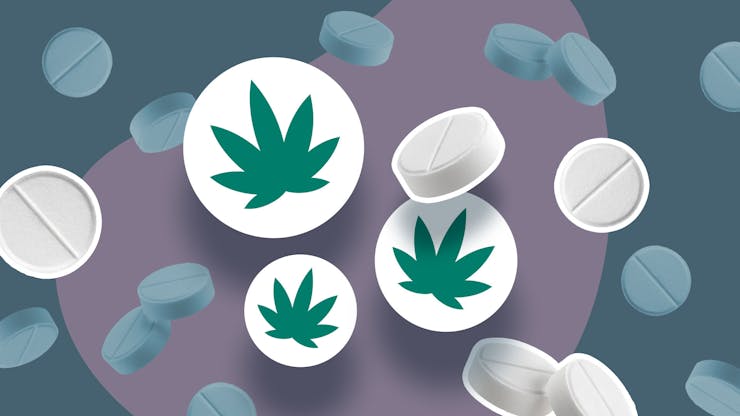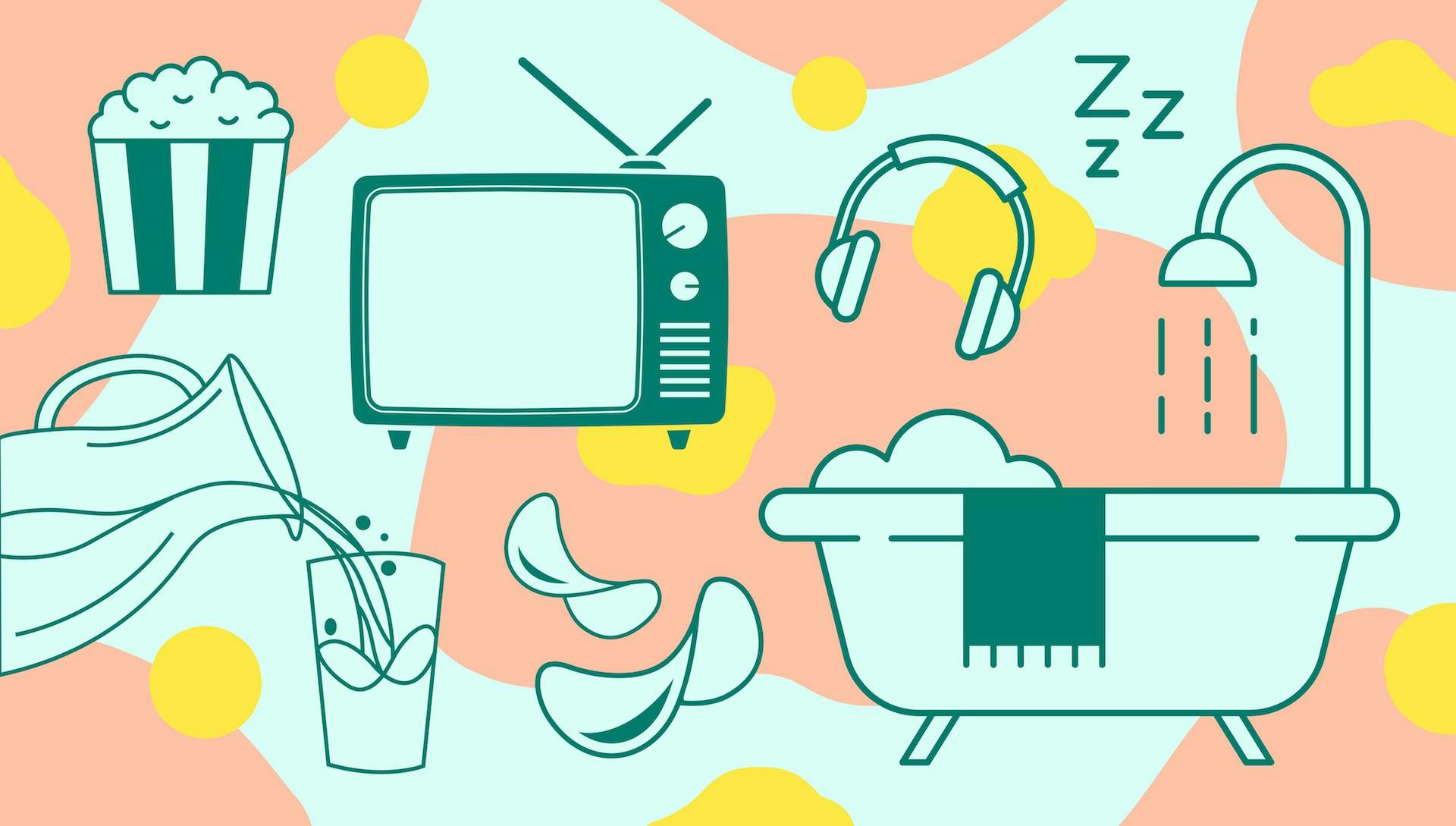A pharmaceutical company is developing a new drug that would treat people who become so high from cannabis that they seek medical help—and the results so far are exciting, the firm’s executives said.
The first-of-its-kind drug, known as ANEB-001, is being developed by Anebulo Pharmaceuticals to treat what’s known as acute cannabinoid intoxication (ACI). That’s when a person gets so high they feel out of control and sometimes end up in the ER.
In clinical trials, the drug is showing that it can safely counter the effects of problematically high doses of THC with virtually no side effects, said Dr. Joseph Lawlor, the company’s founder, during an informational event held for media and investors on Sept. 26.
A molecule that blocks cannabinoid receptors
ANEB-001 is a small molecule that blocks the brain’s cannabinoid receptor type 1 (CB1), which THC binds to in order to create a high.
ACI has emerged on the radar of the healthcare industry, as cannabis has become medically legal in 39 states and legal for all adults in 19 states.
Patients typically include first-time consumers, people (sometimes children) who unknowingly ate a THC gummy, and regular consumers who took a larger-than-desired dose—which can be wildly variable from person to person, says Anebulo CEO Simon Allen.
Now in clinical trials in the Netherlands
The trials are being conducted by the Center for Human Drug Research in the Netherlands. In the now-completed part A of the testing, subjects were given 10.5 mg of THC and received either 50 mg or 100 mg of ANEB-001, or a placebo. They were then put through a battery of tests, including measuring “body sway” in subjects who closed their eyes for two minutes while standing in place.
Those who received doses of the drug experienced significant reductions in a “feeling high” score and body sway, in addition to greater alertness, compared to the placebo group.
For part B, researchers flipped the experiment, doubling the dose of THC to 21 mg and lowering the amounts of the trial drug dosage to 10 and 30 mg. So far the results are similarly encouraging, Cundy said. Part B so far has included two groups of up to 15 people, and the company plans to enroll at least four more groups before moving on to the next phase of the trial.
Next step after trials: seeking FDA approval
The drug typically reduces the effects of the high within an hour, The next step will be to test ANEB-100 an hour after subjects ingest THC, to better simulate real-world circumstances. After trials, they’ll seek FDA approval, with the hope of distributing the drug to emergency rooms throughout the U.S. by 2025.
Anebulo officials believe the stakes are reasonably high. Emergency rooms are overcrowded and expensive, and ACI treatment in a psych ward can run up to $50,000. “That’s big money,” Allen said. “So we think not only is there a patient benefit by taking all of these symptoms away very rapidly, there’s a massive benefit to the healthcare system.”
Idea born from a news story
Lawlor said he had the idea for the drug after reading an article in a medical journal about a children’s party where some of the attendees unknowingly ate THC gummies. “I reasoned that if we can block the CB1 receptor, then we would have a drug to treat such a THC intoxication,” he said. “And that’s what we build Anebulo around. ANEB-001 is potent, it’s specific… and it’s rapidly absorbed.”
ACI is rarely life-threatening and the symptoms generally dissipate in time. So why develop a drug to treat it? Lawlor compared it to migraine headaches, which people also recover from in time—“but we wouldn’t dream of not treating someone who presented in an emergency department with a migraine. And so too with cannabis intoxication; the big difference is there’s no approved antidote yet.”
That may change soon.






